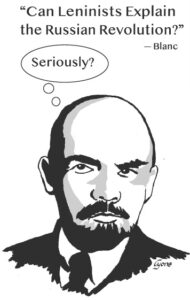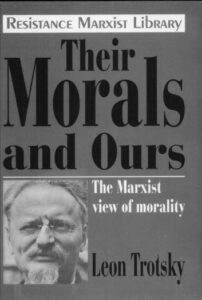
Jonas Marvin reviews Alexander Billet’s book “Shake the City,” which explores the role of music in social movements.

Jonas Marvin reviews Alexander Billet’s book “Shake the City,” which explores the role of music in social movements.

In this classic work, Rosa Luxemburg situates mass strikes at the center of revolutionary political dynamics.

Robert Ovetz describes the significance of a new collection of Rosa Luxemburg’s writings on revolution from 1906 to 1909, recently published in English.

The views of Left and Right differ regarding the study of history. For the Right it is largely an exercise in building identity and loyalty, an exploration of what makes one’s nation and race, and therefore one’s self, special. For . . .

Children at the Medem Sanatorium reading the Bund’s daily newspaper, the Folkstsaytung
Secularism and enlightenment swept through the insular world of East European Jewry, starting in the middle of the 19th century, and ending in the 20th with the . . .

John Marot defends the interpretation of Lenin’s April Theses as the pivotal turning point for the Bolsheviks, countering Lars Lih’s and Eric Blanc’s historical narrative.

A critical examination of Trotsky’s evolving views on revolutionary morality and democracy in revolutionary movements.

The history of the Lanka Sama Samaja Party in Sri Lanka and its leading role in establishing workers’ councils across the public sector in the 1970s.

Bombing Auschwitz would not have diverted significantly from the actual war effort. It would have saved thousands or tens of thousands of lives and would have let the world know that Allied moral outrage was more than feel-good propaganda.

A discussion of Victor Serge’s novels and how literature can enrich revolutionary socialist politics.

Martin Oppenheimer discusses the corporatist character of historical fascism and the importance of a left alternative vision to counter fascist threats today.

Harari’s world-view is rife with inconsistencies and confusion. He is admired by the global neoliberal elite not only because he rarely, if ever, criticizes their core assumptions and values, but also because his vision of the future is one which is fully in tune with their own.

Although the Cuban Revolution of 1959 had enormous popular support, especially in its early years, that support did not express itself in any autonomous initiative and control from below.